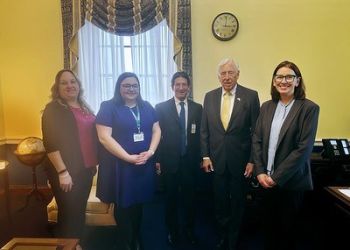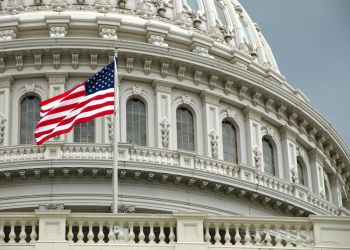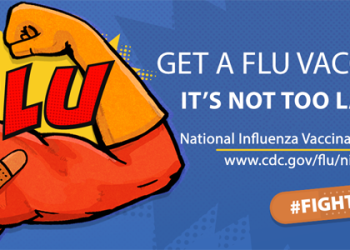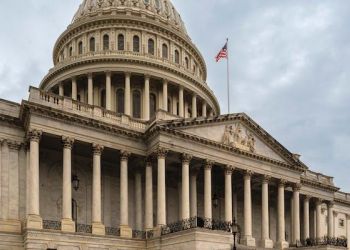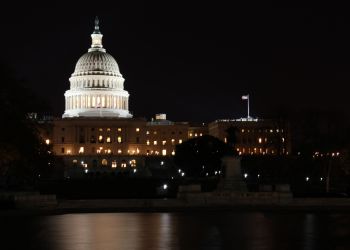Over the weekend, President Joe Biden and House Speaker Kevin McCarthy (R-CA) reached a deal to suspend the debt limit until January 1, 2025, averting a default on the nation’s debt by June 5, and establish a framework for overall spending for the next two appropriations bills. After weeks of negotiations, the bipartisan deal, dubbed the Fiscal Responsibility Act, passed the House on Wednesday night with 165 Democrats and 149 Republicans voting in favor. On Thursday night, the Senate passed the measure with bipartisan support by a vote of 63-36. The President is expected to sign the bill into law as soon as Saturday.
Negotiations to suspend the debt ceiling incorporated spending limits and claw-backs on previously appropriated funds. These funding decisions will have a significant impact on public health practice, including:
- Spending Limits on appropriations through FY29: The deal would divide discretionary spending into separate caps for defense and nondefense programs in FY24 and FY25, and then set an overall total discretionary spending limits (also called 302(a) allocations) for FY26 to FY29. This means that there will be very little ability to gain additional public health funding for existing or new priorities within the normal appropriations process.
- For FY24, nondefense discretionary (NDD) spending—where public health funding sits—would be limited to about $40 billion less than FY23, a reduction of five percent. At the same time, defense spending would be permitted to increase 3 percent from FY23 amounts.
- For FY25, the totals could only increase 1 percent for both NDD and defense spending.
- This 1 percent increase would continue for FY26-29, however the NDD and defense spending pots would be combined into one top-line amount.
- For FY24 and 25 only, there is also a provision requiring all 12 appropriations bills to be passed by January 1 of the following year, otherwise discretionary spending would temporarily operate at a maximum of 99 percent of current levels.
- While not in the formal deal, reports indicate that an informal agreement would repurpose $10 billion in IRS money to backfill some of the NDD cuts in FY24 and FY25.
- Recissions: The deal would rescind about $28 billion in unobligated COVID-19 supplemental funds. Broadly, the deal would retain $5 billion in funding for Project NextGen, which aims to speed up development of new COVID-19 vaccines and treatments and preserve some—but not all—of the funding for COVID-19 vaccines and treatment for the uninsured. While details on the exact amounts that will be pulled back are not public, some or all of the remaining funds in the following programs are impacted:
- Public Health and Social Services Emergency Fund, funding efforts including medical countermeasure and diagnostics development and purchase, diagnostics, manufacturing; as well as public health testing, tracing, surveillance, test manufacturing, development, and validation of rapid, molecular point of-care tests, and other tests, support for workforce, epidemiology, to scale up academic, commercial, public health, and hospital laboratories, to conduct surveillance and contact tracing (partial recission)
- Supply chain for COVID–19 vaccines, therapeutics, and medical supplies (partial recission)
- COVID–19 testing, contact tracing, and mitigation activities (partial recission)
- CDC funding for surveillance, epidemiology, laboratory capacity, infection control, mitigation, communications, and other preparedness and response activities
- Global disease detection
- Data Modernization
- Infectious Disease Rapid Response Fund (partial recission)
- Vaccine Tracking and distribution (partial recission)
- SARS–CoV–2 genomic sequencing and surveillance (partial recission)
- Public health workforce
- Medical Reserve Corps
- Policy changes: The deal also includes specific policy changes, including imposing new work requirements on childless adults aged 50-54 years old in the Supplemental Nutrition Assistance Program (SNAP) and Temporary Assistance for Needy Families (TANF) programs. Moreover, student loan repayments will again become due after being paused during the pandemic.



